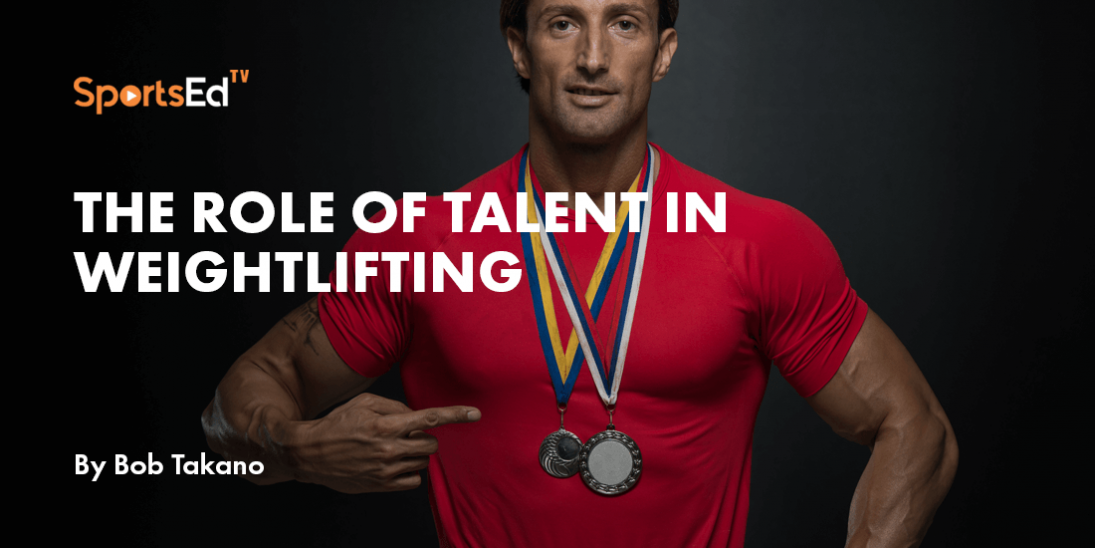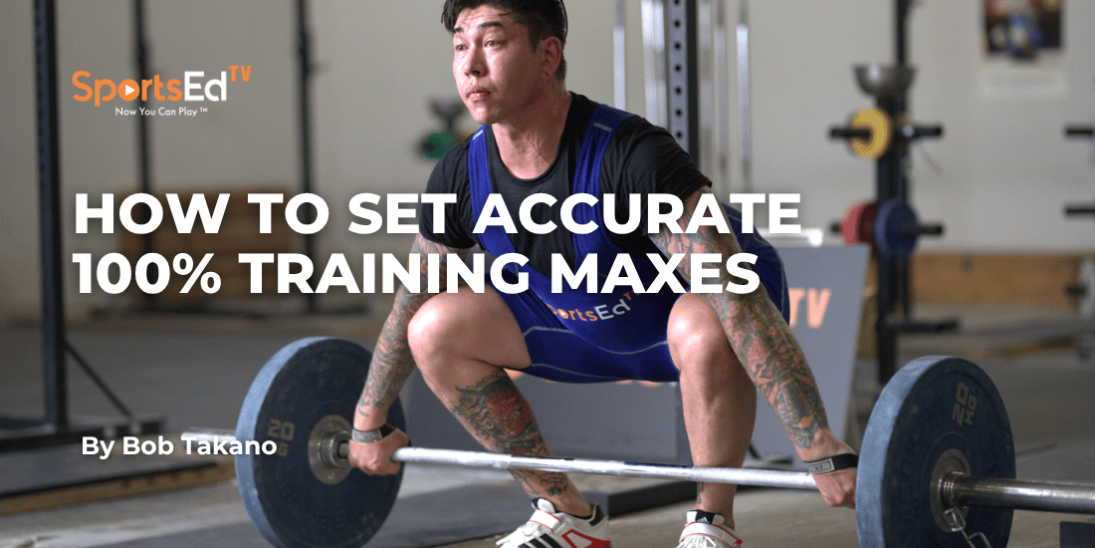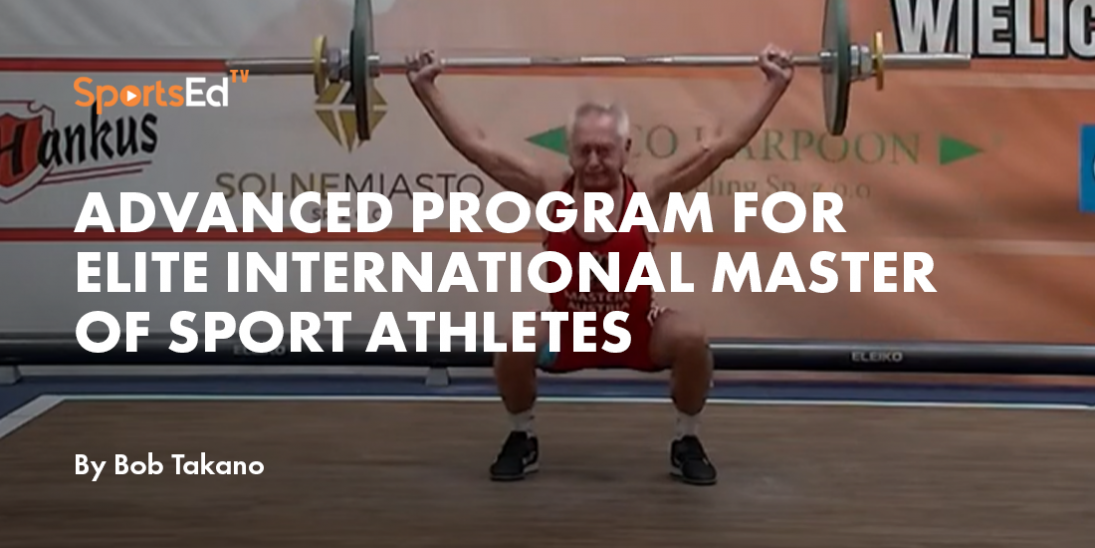Weightlifting
Welcome and thanks for visiting...

The Role of Talent in Weightlifting

Before I proceed any further along the theme I introduced in this article, I decided to include this caveat piece for both those who don’t have a great deal of talent (the majority) and those who are exceptionally talented. As it stands, members of both groups can look at the progress of the other and draw the wrong conclusions about training and coaching in general, which is of benefit to no one.
The Goal for All Lifters: Maximizing Personal Potential
First, the overriding goal for all lifters is to become the best they can be. For some, it may end up being the WSO champion, while for others, it might result in international gold medals and multiple world records. Any lifter should be concerned with making the most progress possible and not be distracted by how other lifters are affected by training.
Hypothetical Case 1: The Average Talent Lifter
Let’s take the case of a lifter with average talent. She works diligently, follows the programming provided by her coach, leads a generally supportive existence, and finds her progress slowing after a few years. She competes regularly because she enjoys it and frequently medals in local competitions. She probably won’t make it to nationals qualifying, but she is very close to lifting up to her potential. Others on her team regularly perform at higher levels.
Hypothetical Case 2: The Gifted Yet Unfocused Lifter
Another lifter in the gym is quite gifted. He trains sporadically following his own misguided training philosophy and still makes regular progress. He is critical of coaches and systematic programming in general. He can stay out partying all night and still win local competitions. He’s qualified for nationals and might even be considered for international events. He aims to do the least and enjoy his non-serious approach to the sport. He will, in all probability, fail to lift up to his talent.
Real-Life Examples: Learning from Experience
Both examples are based on athletes I’ve coached. I relate these examples to stress the importance of talent in weightlifting. Talent and how it is developed will eventually determine one’s level of success in the sport. I once coached an athlete from Portugal named Francisco Coelho. He was an enormously talented but not well-coached member of the 1984 Portuguese Olympic team. One day in training, he said, “In some sports, you can be talented, not work hard and succeed. In other sports, you can have less talent, work hard, and succeed. In weightlifting, you must have talent and work hard to succeed.” He was right.
Balancing Talent and Hard Work for Success
In our relatively small sport, where most nations do not have professional weightlifting, we need to understand and appreciate the factor of talent. Many participants are not overly talented, but they are addicted to the sport. They may never compete internationally, but they support local programs, provide encouragement and communal support, and may eventually become officials, coaches, and/or provide other forms of support.
The Role of Community Support in Weightlifting
Talented athletes, through their performances, inspire our imagination and encourage involvement. They can be role models and attract participants. We could disparage the athlete in Case 1 for putting so much effort into what many could consider a futile venture. We could also disparage the athlete in Case 2 for foolishly wasting his abundance of talent. However, the communal symbiosis of the sport is uplifted when we respect the efforts of all participants and provide encouragement. It doesn’t cost us anything and offers an overall benefit to all parties involved.








